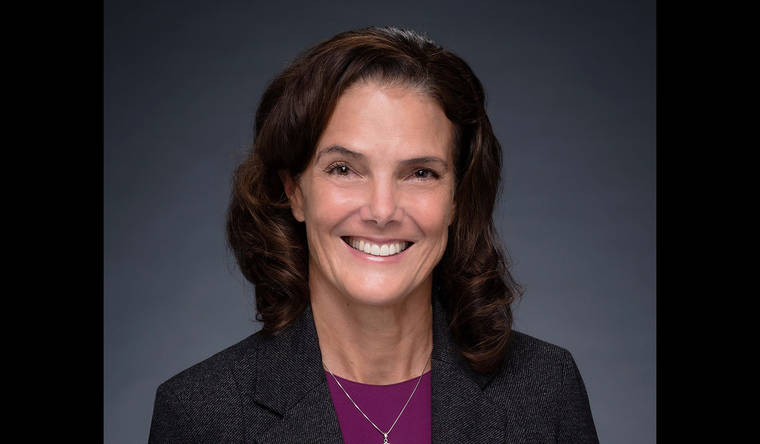A bill that would abolish the Agribusiness Development Corporation passed its third and final reading Thursday in the state House and was forwarded Friday to the Senate.
There were only five no votes on Thursday — none by Big Island representatives — on House Bill 1271, which was introduced by Rep. Amy Perruso, a central Oahu Democrat.
The ADC — a quasi-governmental entity attached to but independent of the state Department of Agriculture — was established in 1994 to acquire former pineapple and sugar lands and convert them for the development of sustainable and diversified agriculture.
The agency was the subject of a scathing state auditor report in January, which said the ADC has failed to fullfill its mission.
“After almost 30 years, ADC has yet to develop an agribusiness plan — a plan required by statute — to define and establish goals, objectives, policies and priority guidelines for its agribusiness development strategy or other short- and long-range strategic plans,” the auditor’s summary stated.
An evaluation of the ADC by the University of Hawaii Economic Research Organization came to essentially the same conclusion a week later.
Perruso’s bill would transfer ADC’s mission to the Department of Agriculture — which submitted testimony in opposition to the measure.
Much of a Feb. 25 informational briefing of the House Agriculture Committee — of which Perruso is vice chairwoman — focused on large ADC holdings around Whitmore Village, a former pineapple plantation village near Wahiawa, in Perruso’s district.
That includes criminal enterprises on the properties, including car dumping, chop shop operations, and drug and sex trafficking, all of which went on for years, according to reports. In addition, a 30-year-old Mililani woman, Malia Soma-Valdoja, was fatally shot on that property in January 2020, reportedly during a domestic dispute with her boyfriend.
Ken Nakamoto, ADC’s project manager, said the four-person agency was “outgunned” but worked with law enforcement to clean up the property.
“We encountered individuals with firearms. Not only were they armed, they had access to heavy equipment, which made it virtually impossible to stop them. It became so dangerous that even the law enforcement officers didn’t want to go into the property,” he said. “It took a joint effort to finally sweep the area and remove these illegal encampments.
“… Since the sweep, we have beefed up our security. We fortified our gates, our barriers and our berms. And … we have removed at least 150 cars, and counting, from the premises.”
James Nakatani, ADC executive director, told Perruso he’s willing to sit with agricultural stakeholders for what Perruso described as “a broader community discussion about a state plan surrounding agriculture that looks at how we can look forward.”
According to Perruso, “the pandemic has thrown into greater relief our vulnerabilities and our lack of capacity to feed our people on these islands.”
“This is a basic responsibility of government and one that we ignore at our peril,” she added. “…We must act on the recommendations laid out in the audit with greater urgency than we have seen so far.”
Email John Burnett at jburnett@hawaiitribune-herald.com.






